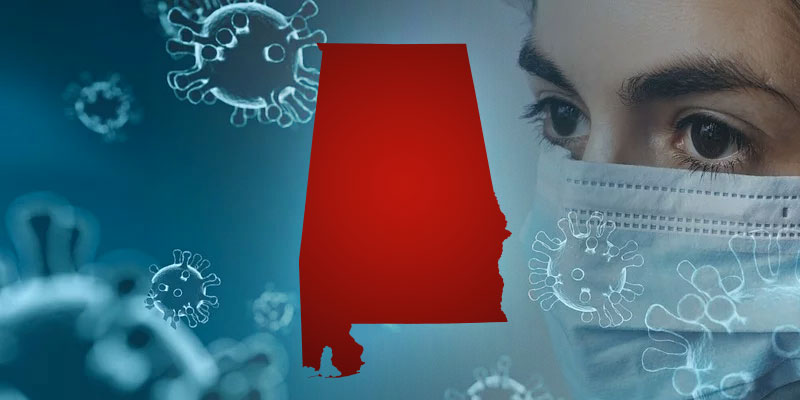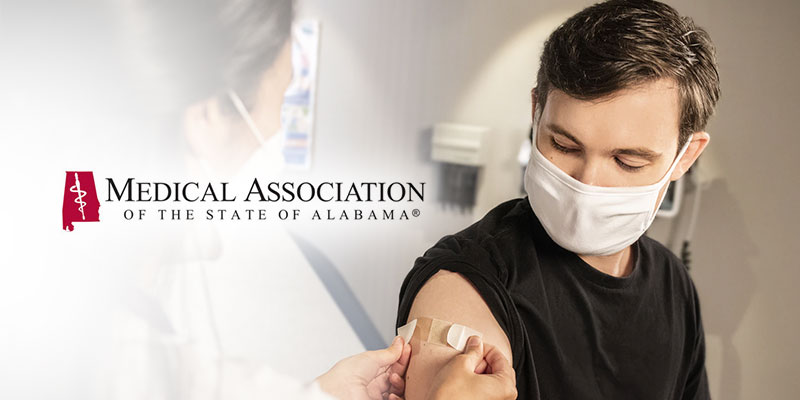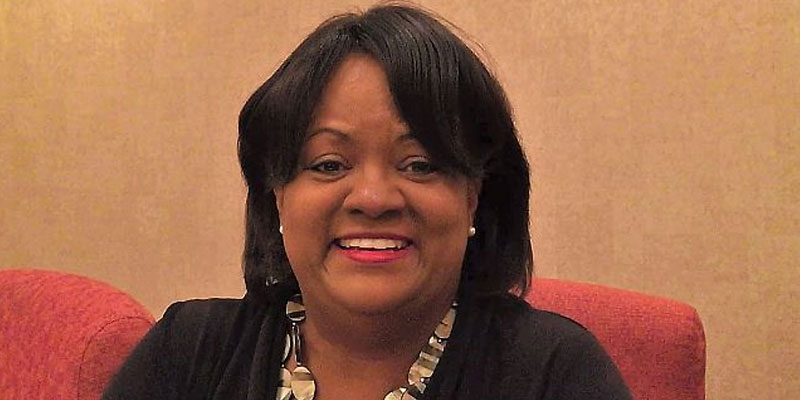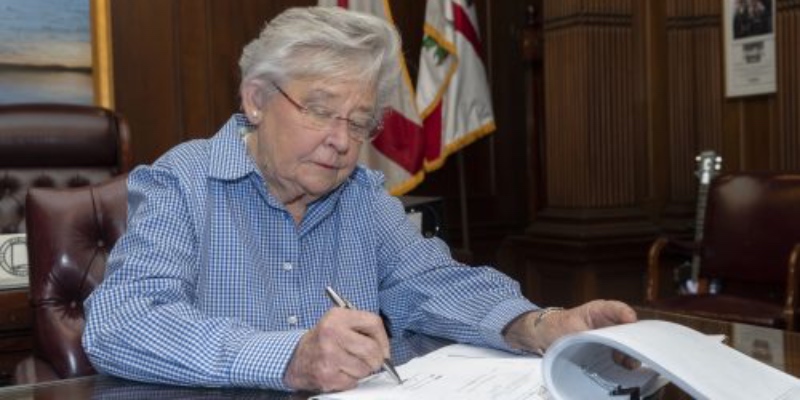The Yellowhammer State has its first confirmed cases of coronavirus (COVID-19) as of Friday, and it is important that all Alabamians have access to correct information from experts and authorities on the disease.
At a press conference, Dr. Scott Harris, the head of the Alabama Department of Public Health (ADPH), reiterated best practices and warned citizens away from panicking or listening to misinformation.
One of the best things Alabamians can do right now, he said, is to wash their hands regularly and not get too close to others in public.
The State of Alabama is requesting people not gather in groups of more than 50.
“The absolute number of people at a gathering is less important than the distance between people,” added Harris. He is recommending a distance of six feet in between each person.
He commented that people should not panic or let fear cause them to take irrational actions.
Harris was asked about whether it was necessary to stockpile large amounts of food or other goods.
“It’s not a time to do that,” he replied.
At the same time, Harris and all other public officials maintain that the disease is certainly serious, especially for at-risk age groups and those with preexisting conditions.
Harris has commented that the COVID-19 is similar in its transmission patterns to the seasonal flu, but it is more deadly for older citizens who contract the virus.
On Friday, he praised nursing homes in Alabama who are rethinking visitation policies to protect their residents.
According to Harris, all Alabamians should give strong consideration to whether it is necessary that they travel out of state in the coming weeks. Even those less personally at-risk from the disease can inadvertently carry the coronavirus to someone who is at a heightened risk, making precautions important for everyone to take.
One behavior Harris encouraged is staying home if you feel sick, though he added that should already be normal practice.
One thing many Alabamians may have noticed is a raft of school closures across the state.
Almost all of Alabama’s universities have gone to online-only classes, and some have extended their previously scheduled spring break.
Eric Mackey, Alabama’s state superintendent of education, joined Harris at the Friday morning press conference.
Mackey stipulated that many high school sporting events will be postponed or played without spectators to avoid the creation of large crowds.
UPDATE: Harris, Mackey and Governor Kay Ivey held a press conference Friday at 5:00 p.m. CT announcing school closures beginning Wednesday, March 18. Read more here.
What to do if you think you have coronavirus
If someone fears they have been infected with COVID-19 they should call a medical facility and ask a physician for advice (Alabamians who think they have COVID-19 are urged to call and not visit a medical facility). That doctor will then make the decision on whether testing may be needed.
The way testing works is people who have been recommended for a test by a physician will go to a screening site and have a sample taken.
As of Friday morning, the ADPH is automatically approving every Alabama physician’s request for a coronavirus test.
Those without a primary care doctor should call the ADPH’s new coronavirus testing hotline at 1-888-264-2256.
The Alabama legislature appropriated $5 million on Thursday that will partly go to creating more screening sites for Alabama’s citizens.
The sample from the screening site is then shipped off to one of the certified labs in Alabama to be tested for the coronavirus.
The tests are done in three labs around the state, including a State-run lab in Montgomery. The state of Alabama is not charging for tests conducted at its facility.
Harris said in a press conference Friday that between the state lab and other privately-owned labs in Alabama, there is more than enough capacity for testing.
The results from the lab should be back in less than 72 hours. The confirmed case in Montgomery reportedly had their results returned in less than 24 hours.
Those most likely to be infected are individuals who have recently returned from out-of-state travel, or who have been in close proximity to an out-of-state traveler.
Stay up-to-date:
For updated information, Alabamians should continue to monitor the Alabama Department of Public Health’s website here and the CDC’s website here.
Additionally, major cities in Alabama have created landing pages with their latest news on the coronavirus.
See Montgomery here, Birmingham here, Huntsville here, Mobile here, Tuscaloosa here, Auburn here and Dothan here.
RELATED: Alabama coronavirus update: State officials urge citizens stay six feet apart, adopt new guidelines
Henry Thornton is a staff writer for Yellowhammer News. You can contact him by email: [email protected] or on Twitter @HenryThornton95.












